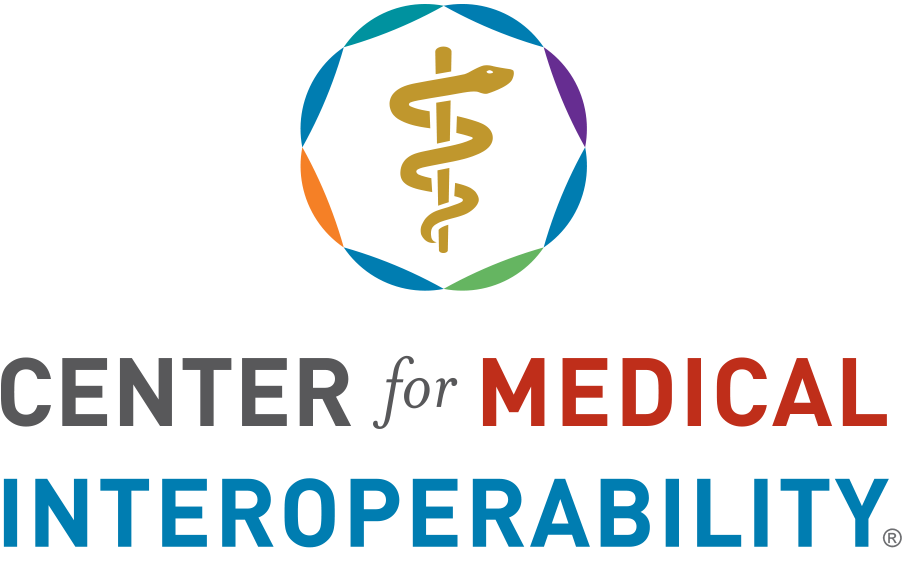I had a routine doctor visit this week. This physician was not part of the Vanderbilt Medical Group, where my primary care physician practices. The first 20 minutes of my visit was filling out, by hand, a six page medical history.
My daughter, Carrie, has been in Switzerland in school this year, and we can send her money by pressing a button, and talk to her by Skype from our cell phones or tablets. I will be going to the Middle East next month, and I will be able to answer emails and conduct business seamlessly across nine time zones. However, in healthcare, information gathering and transmission is maddeningly redundant and extraordinarily atomized. Hopefully, relief is in sight.
Earlier this month, the Nashville Health Care Council hosted a program on medical interoperability. Interoperability is a fancy word for the ability of health care technology systems to communicate and share data. Interoperability includes all the data involved in patient care, from a patient’s medical history to the real time data that can be transmitted by medical devices directly to electronic health records. Medical data holds the key to not only the prompt and accurate diagnosis of a patient’s present condition, but also the aggregation and analysis of population health conditions for establishing evidence based protocol and treatments. At the NHCC forum, panelist Zane Burke, president of Cerner, declared “Either you’re going to be open and interoperable, or you will be obsolete.”
As information technology has advanced, health professionals and systems have seen improvement, but they remain frustrated by the inability to integrate data from multiple sources, a veritable “built to fail” model when manufacturers create technology that will only communicate with other products made by the same manufacturer.
Into this breach comes the Center for Medical Interoperability. The center’s seed funding came from the Gary and Mary West Foundation in Southern California, but it has quickly advanced to become the nation’s leading advocate of change. The center, founded by Dr. Michael Johns and led by Ed Cantwell, determined that to be the most effective, it needed to relocate to Nashville — the center of health care. The center’s board includes a who’s who of Nashville CEOs, including Milton Johnson (HCA), Wayne Smith (CHS), Bill Carpenter (LifePoint), Jeff Balser (Vanderbilt) and Mike Schatzlein (St. Thomas), as well as the CEOs of such health care brands as Johns Hopkins, Northwestern and Cedars Sinai.
The center is in the process of developing common communication standards for medical devices, with a multi-year plan that will bridge point-of-care information, health applications, enterprise technologies and, ultimately, national health information exchanges. The desire is for all patient data to be connected across the spectrum of care, whether home, ambulatory, acute or post-acute. The goal is for every health device to be able to “plug-and-play” off a single interoperable platform.
Richard Cowart is chairman of the health law and public policy departments at Baker Donelson. Reach him at dcowart@bakerdonelson.com.
